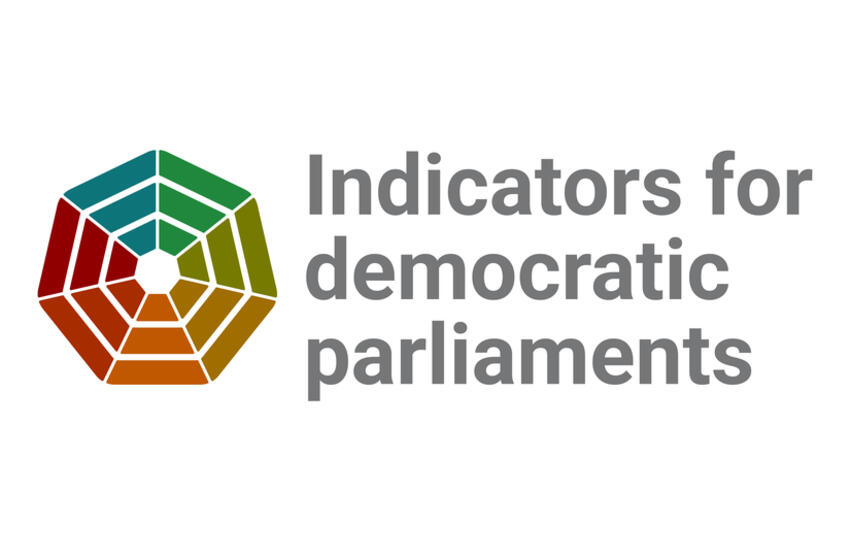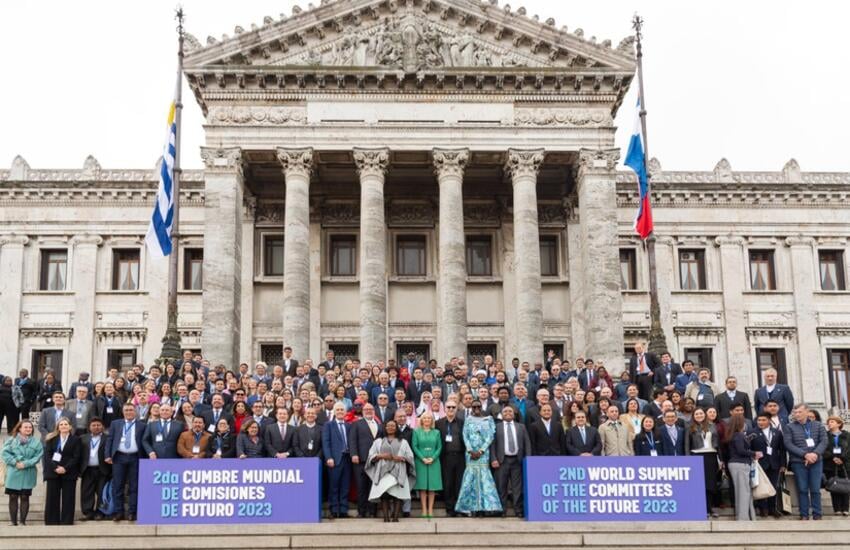The Inter-Parliamentary Union (IPU) has released a new Issue brief, Using generative AI in parliaments, which explores the potential opportunities and risks associated with the use of Generative Artificial Intelligence (GenAI) in parliamentary settings.
GenAI is a new form of AI that can generate entirely new content, such as texts or images, based on large volumes of data, often referred to as large language models. Its explosive growth in recent months has made it a topic of significant media and political attention, including at the parliamentary level.
The Brief provides an overview of how parliaments can leverage GenAI to save time and increase productivity while reducing operating costs. It calls on parliaments to proceed carefully but also to begin experimenting – for example, on low-risk tasks such as creating records of parliamentary debates.
However, it cautions the parliamentary community against introducing GenAI into core legislative systems until it has confidence in the technology and stronger governance structures are in place.
The Brief notes that AI is already in use in many parliaments, including tools like anti-virus software, email spam protection and cybersecurity technology.
Despite the potential benefits of GenAI, there are already significant risks associated with it, particularly its ability to create misinformation, disinformation or deep fakes, which can be used maliciously to influence elections or harm candidates.
To address these risks, the Brief argues that the pace of AI development must be matched with the development of safeguards and control mechanisms. The Brief recommends that large language models be trained in line with ethical principles to avoid, for example, gender bias or undermining minorities, and that humans must be kept in the loop at all stages.
The Brief was produced by the IPU’s Centre for Innovation in Parliament, which encourages parliaments to share solutions and good practices related to digital transformation and innovation, including AI. The Centre also publishes stories of how parliaments are already using AI through its quarterly publication the IPU Innovation Tracker. It is also coordinating work by parliamentary experts around the world to prepare detailed technical guidance for implementing AI in parliaments, for publication in November 2024.
IPU Member Parliaments are preparing a forthcoming resolution The impact of artificial intelligence on democracy, human rights and the rule of law, which will set out principles and guidance for parliamentary action on the regulatory framework for AI. The resolution is expected to be adopted at the 149th IPU Assembly, which will take place from 13-17 October 2024 in Geneva.
********************************************************************************************************************************
The IPU is the global organization of national parliaments. It was founded in 1889 as the first multilateral political organization in the world, encouraging cooperation and dialogue between all nations. Today, the IPU comprises 180 national Member Parliaments and 15 regional parliamentary bodies. It promotes peace, democracy and sustainable development. It helps parliaments become stronger, younger, greener, and more gender-balanced. It also defends the human rights of parliamentarians through a dedicated committee made up of MPs from around the world.
For more information about the IPU, contact Thomas Fitzsimons at [email protected]











